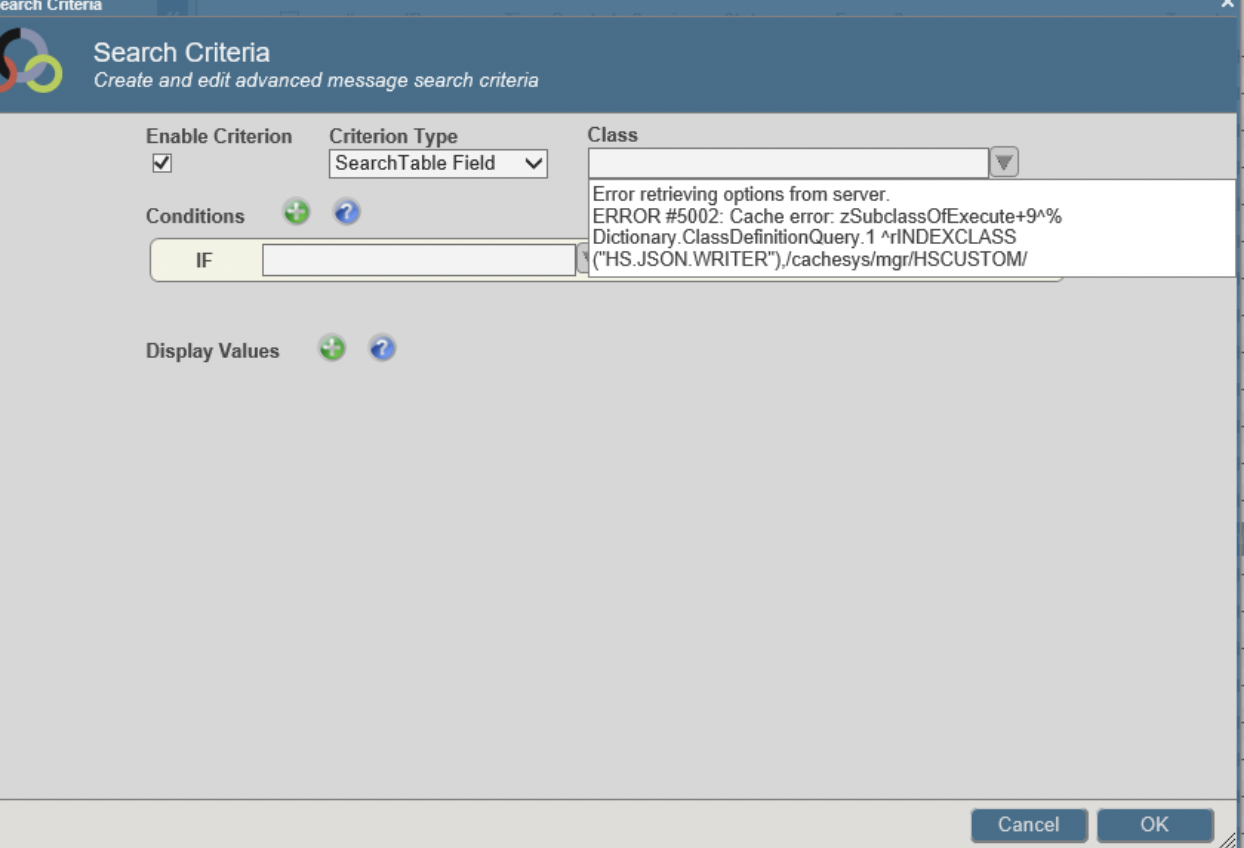Hello community,
I am trying to parse the below HttpResponse in Cache. Cannot get the Iterator to work. Is there a single loop which can parse both or single messages and grab the error?
{
error:[
{ txt1:'error msg1'},
{ txt2:'error msg2'},
]
}
{
error: {
txt1:[
'error msg1',
'error msg2'
]
}
Thanks,
Jimmy Christian

.png)
